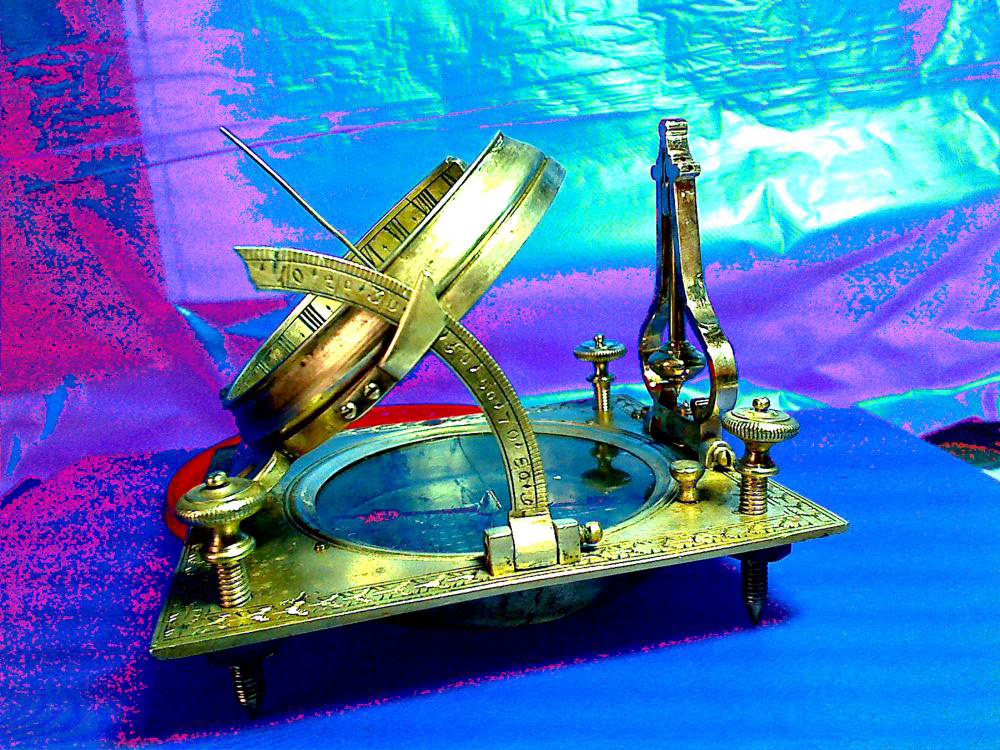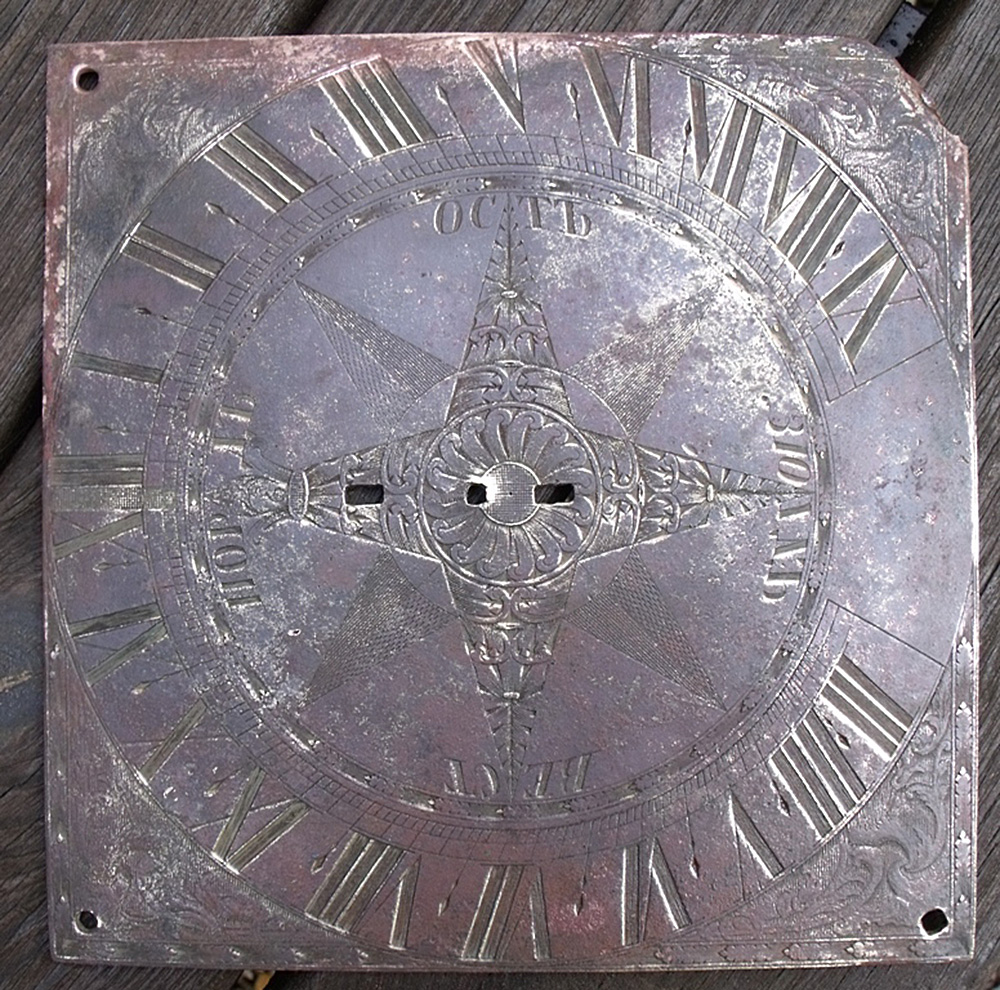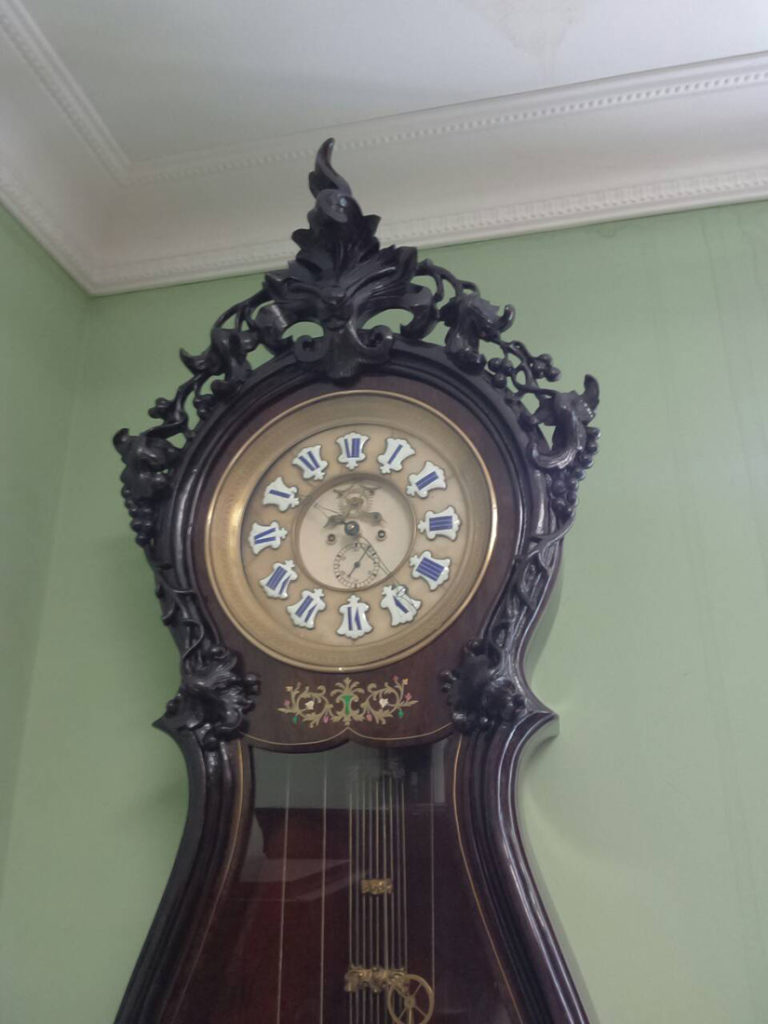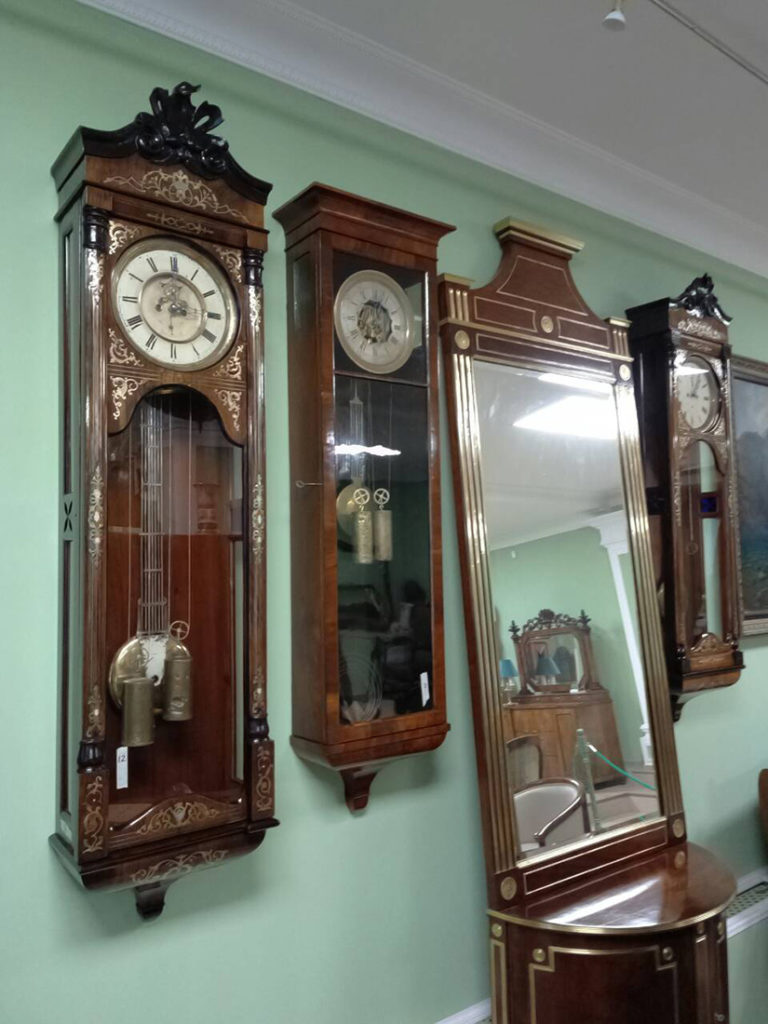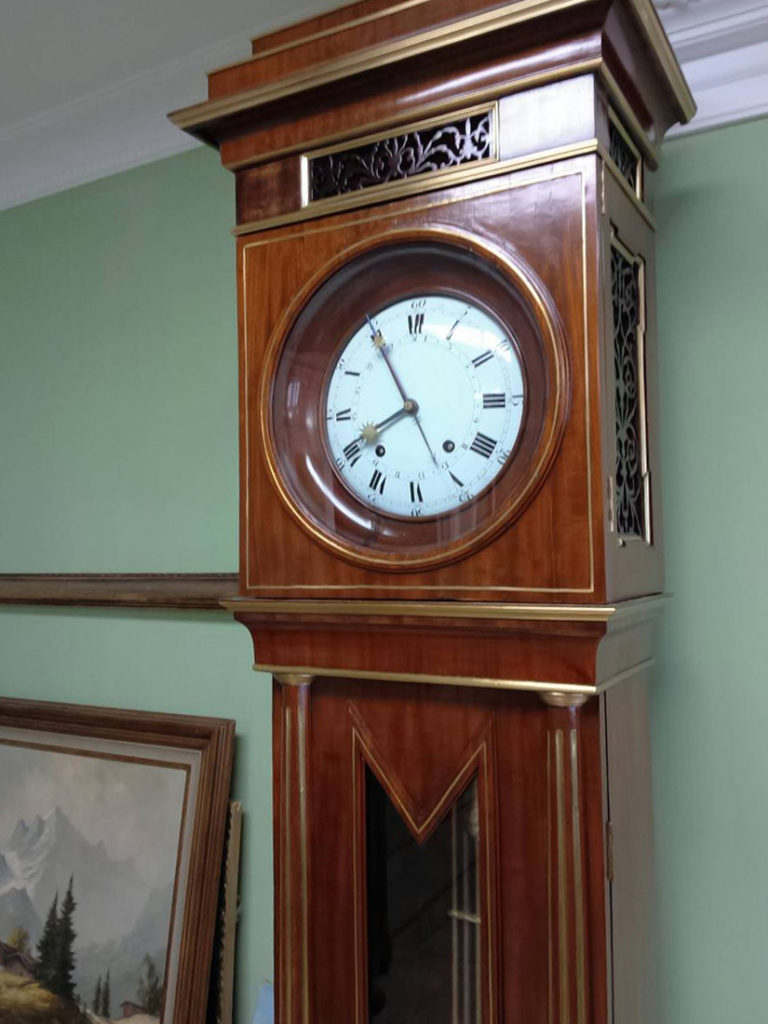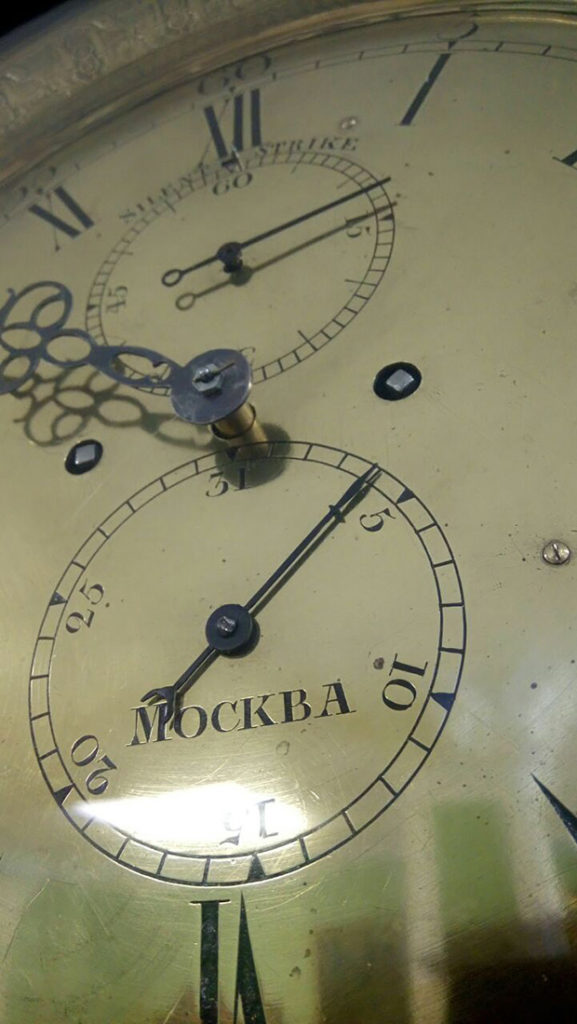The Russian Clock Museum
Oryol region
Contact information
Orel, Rosy Luxembourg Street, Building 12
Tel.: +7 (910) 748-32-13
Operating hours
10:00 – 20:00 daily, by appointment
Ticket price
Free
Founder of the Museum
Aleksandr Sergeevich Tinyakov
Founded
2017
The collection of Russian clocks presented in the exhibition hall of the restoration workshop of Alexander Sergeyevich Tinyakov in Orel was formed in the late 2000s and has never been exhibited before. Some of the exhibits of the collection are still in the process of restoration and will be added to the exposition as restoration work is completed. For a long time, it was believed that the Russian clock industry (until the first Soviet watch factories appeared in the 1930s) was almost completely dependent on foreign deliveries, and only inexpensive wall clocks could be called Russian-made clocks. However, this statement is only partially true, and only for the period from the end of the 19th to the beginning of the 20th centuries, when German, French, and Swiss factories overwhelmed the whole world with mass factory produced, cheap products. The truth is that in the 16th and 19th centuries, Russian artisans, clockmakers, and, later, clock factories, also produced original high-quality clocks. However, due to various circumstances, only a few copies of their work have survived to present day. The real flourishing of the Russian clock production was during the “golden age” of Russian classicism – the end of the 18th – first half of the 19th centuries, and is very closely connected with the architectonics and romanticism of Russian estate culture.
The task of our museum is to restore historical justice and make the heritage of outstanding masters of the past accessible to present and future generations. Each item presented in the exposition of our museum preserves the history and connection with the centuries-old traditions of watchmaking in Russia. Clocks by Russian masters are not similar to those in England, France, or Vienna, but at the same time they incorporate all the best that has been invented during the many years of the development of world clock mechanics: the reliability of German and the style of English time devices, the beauty and sophistication of Vienna, and the artistry of French clocks. The museum’s collection will be interesting both to experts on the history of clock making, collectors of clocks and antiquities, as well as to a wide range of visitors interested in the history of Russian culture and art.
The special pride of our museum is the process of restoration of Russian antique interior clocks, mastered in all nuances both in relation to their wooden cases, which often require complex restoration of brass and zinc inlay, as well as mechanisms, dials and related accessories.
